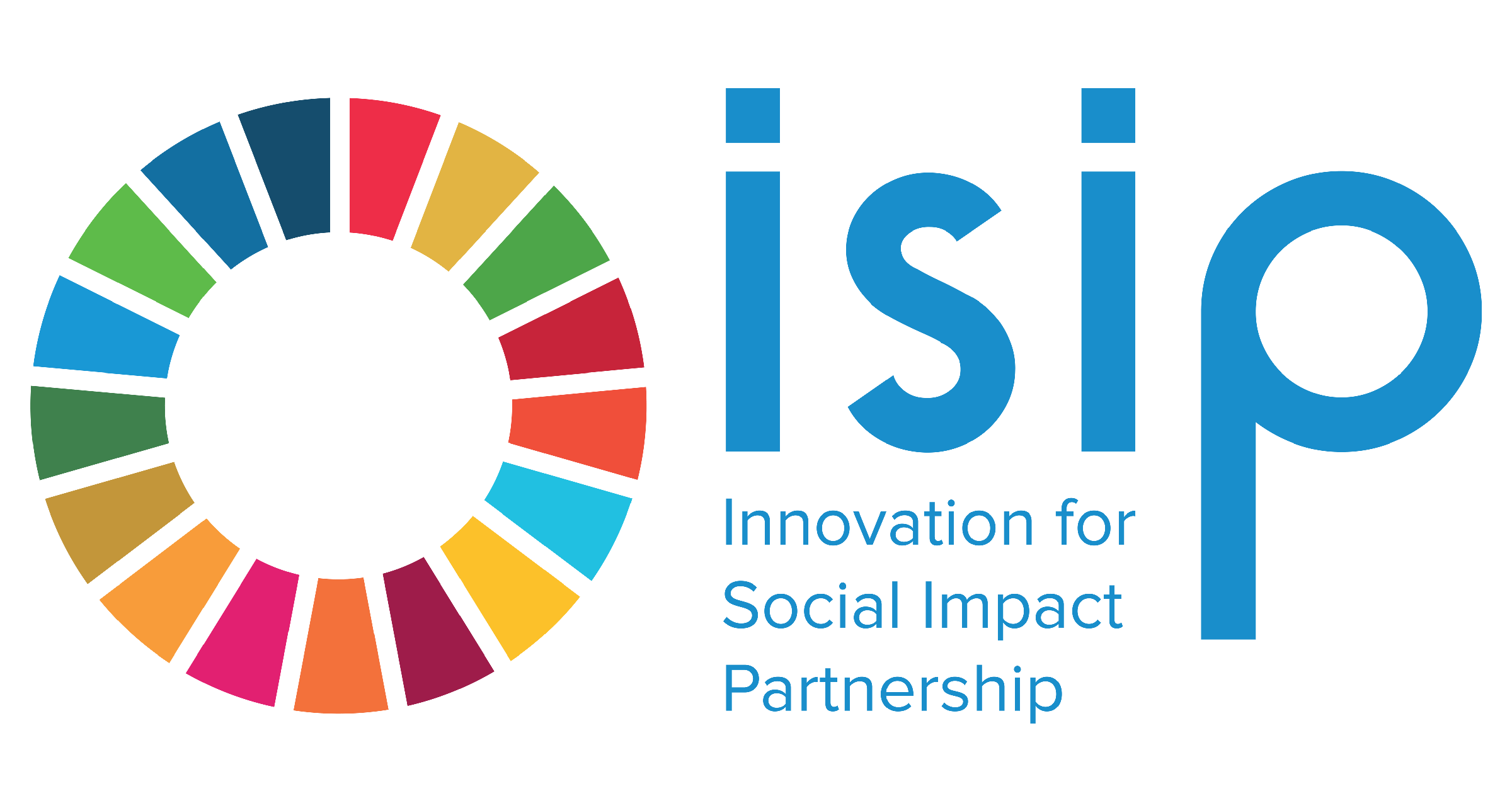ISIP Roundtables Uncover Critical Success Factors, Recurring Challenges in Philippine Social Enterprise Ecosystem
by Adriel Nisperos
Social Enterprises (SEs) contribute to the Sustainable Development Goals (SDGs) in a number of ways. Despite this, a 2018 report of the Asian Development Bank (ADB) and Impact Investment Exchange (IIX) cites that barriers within the ecosystem still exists which hinder the growth of SEs. Research also show that there is a lack of continuity in obtaining finance as SEs move into different stages as a business. At the Innovation for Social Impact Partnership (ISIP) project, we aim to support SEs in the Philippines in order for them to accelerate, achieve, and sustain the SDGs. One of ISIP’s strategies is to further develop the SE ecosystem to create an even playing field for SEs and established businesses.
In the past two months, ISIP has convened growth-stage SEs and Entrepreneur-Supporting Organizations (ESOs) within the SE ecosystem in the Philippines to gain and validate insights on their lessons learned and challenges experienced when it comes to the ecosystem’s financing landscape.
Stories of the development catalysts
In the first roundtable discussion, representatives from Bagosphere, Balangay’s Best, Bayani Brew, Edukasyon.ph, Futuristic Aviation and Maritime Enterprise (FAME), Good Food Community, Hapinoy, InvestED, Messy Bessy, Nipa Brew, Risque Designs, The Spark Project, and Virtualahan opened the discussion with their experiences in their SE journey.
SE Founders shared critical factors that contributed to their business successes such as building lasting relationships with mentors and leveraging strong partnerships to develop credibility. SE Founders consider these factors crucial especially in managing and scaling both business and social impact.
Despite these successes, major pain points also surfaced during the discussions such as challenges in attracting talents, lack of tailored support services, and limited financial products appropriate to their SE nature and stage. In turn, SE Founders are forced to search for other means to finance their enterprise such as filing for personal bank loans themselves.
Participating SE Founders collectively agree that accessing bank loans as an enterprise is taxing because of stringent requirements in financial and collateral requirements. A common experience they share is that banks offer financing options that are often unfit to their needs at that time and stage as an SE.
With these challenges ahead, how do SEs continue to thrive? Good thing SEs are not alone in overcoming these barriers to growth. ESOs exist to provide relevant support and intervention to SEs. But how has it evolved through time, especially being part of an ecosystem with pervasive challenges?
Perspectives of the enabling community
The second roundtable discussion involved ESOs such as the academe, government, incubators, and fellow accelerators. The roundtable aims to look at the current interventions ESOs provide to SEs and startups and how it has evolved over the years.
Representatives from Plug and Play Technology Center, QBO Innovation Hub, Bayan Academy, College of St. Benilde’s Hub of Innovation for Inclusion, Ideaspace Foundation, Impact Hub Manila, makesense, Endeavor Philippines, Department of Science and Technology, and Department of Trade and Industry derived key issues and lessons from supporting SEs and startups through the years.
“Overtraining” SEs and startups is one of the issues raised during the discussions. “We’ve been training the same [social enterprises/startups] while there are still many out there. Our role as ESOs is to discuss more and align [our interventions],” one of the participants shared.
Other participants shared similar insights in their respective programs. One of the key takeaways from the roundtable is for the ESOs to map out their current interventions including the SEs or startups who have received those support. From there, ESOs could align their programs in relation to the stages of SEs and startups and their funding needs.
Karl Satinitigan of makesense added in an interview that discussions between ESOs should happen more as these open the opportunity to improve the program design of incubators and accelerators. “My realization earlier was that ‘your cohort graduated from mine,’ and so how can we improve our [program] so when they [SEs and startups] get to your part of the journey, it’s easier for them? I think that can only happen if [ESOs] continue the conversation,” Karl elaborated.
“My realization earlier was that ‘your cohort graduated from mine,’ and so how can we improve our [program] so when they [SEs and startups] get to your part of the journey, it’s easier for them? I think that can only happen if [ESOs] continue the conversation,”
Two more roundtables are set in the coming months which will involve investors and creditors. These series of roundtables aim to gain a holistic perspective about the Philippine SE ecosystem. Inputs from the sessions will contribute to both Policy Agenda and Entrepreneurship strategies of the ISIP project. These will also drive the next interventions of ISIP in supporting SEs and further developing a supportive SE ecosystem in the Philippines.
--
The Innovation for Social Impact Partnership (ISIP) is a three-year project co-implemented by the United Nations Development Programme in the Philippines and PhilDev Foundation, with generous support from the Australian Embassy in the Philippines.
Follow ISIP on social media for more updates about the roundtable series.




